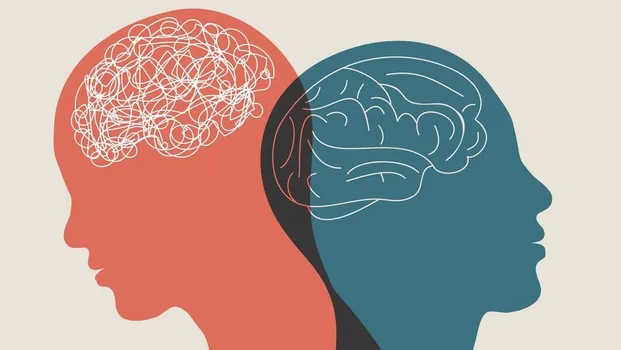Insect Phobias
Object Phobias
Situational Phobias
Social Phobias
Medical Phobias
Environmental Phobias
Specific Object Phobias
Food and Drink Phobias
Uncommon Phobias
Food and Drink Phobias
Technology Phobias
Lifestyle and Daily Activities Phobias
Lungs and Respiratory System
Infections and Diseases
Liver
Blood and Circulatory System
Maternal Health
Endocrine System
Cancer
Doctors Nearby Me
Top Healthcare Professionals
Lab Tests
Health & Medical Days
Calculator
Drlogy Hospital Software
Drlogy Specialty Software
Drlogy Pathology Lab Software
1000+ Pathology Lab Report Format
Drlogy Radiology Software
Drlogy Free Profile Listing
Drlogy Letterhead
Drlogy ICD Codes


Healthcare organization
In recent years, THC gummies have become one of the most popular ways to consume cannabis. They offer a convenient, tasty, and discreet method for individuals to experience the effects of tetrahydrocannabinol (THC), the primary psychoactive compound in marijuana. Unlike smoking or vaping, THC gummies are edibles that deliver a delayed but often longer-lasting effect, making them a preferred option for both recreational and medicinal users. Understanding how THC gummies affect the brain and body requires exploring how THC interacts with the endocannabinoid system and the overall physiological response it triggers.
When a person ingests THC through gummies, the compound first travels through the digestive system before being metabolized by the liver. This process, known as first-pass metabolism, transforms THC into 11-hydroxy-THC, a metabolite that is often considered more potent and longer-lasting than THC itself. This explains why the effects of THC gummies can feel more intense and last longer compared to inhaled cannabis. The onset of the impact typically begins within 30 minutes to two hours after consumption, depending on factors such as individual metabolism, body weight, and whether the gummies were taken on an empty or full stomach.
Once THC enters the bloodstream, it begins to interact with the body's endocannabinoid system, a complex network of receptors that play a key role in maintaining homeostasis. The two primary receptors in this system are the CB1 and CB2 receptors. CB1 receptors are primarily located in the brain and central nervous system, while CB2 receptors are found in the immune system and peripheral organs. THC has a strong affinity for CB1 receptors, which is why it has such a significant impact on mood, memory, perception, and coordination.
In the brain, THC activates CB1 receptors, leading to the release of dopamine, a neurotransmitter associated with pleasure and reward. This surge in dopamine is what creates the euphoric "high" that many users experience. At the same time, THC affects areas of the brain involved in memory formation, such as the hippocampus. This interaction can result in short-term memory impairment, making it harder to concentrate or recall information while under the influence. The compound also alters activity in the cerebellum and basal ganglia, which are responsible for coordination and motor control.
In the body, THC binds to CB2 receptors, which can impact immune function and inflammation. This interaction is one of the reasons why medical cannabis patients often use THC gummies for pain relief. Additionally, THC can relax muscle tension and relieve spasms. Another notable effect is increased appetite, commonly referred to as "the munchies," and its role in nausea control, digestion, and even muscle recovery.
THC gummies can also influence sleep, with many users reporting improved rest and reduced insomnia. However, effects on REM sleep and cognitive function should be monitored over time. The duration and intensity of THC gummies' effects depend heavily on dosage. Lower doses tend to produce mild effects, while higher doses can lead to anxiety, confusion, or hallucinations.
Because edibles take longer to kick in, it's easy to overconsume if you're impatient. Always start low and go slow. Effects can last 4–8 hours or more, so plan your activities accordingly, especially if driving or working is involved. THC can also remain in your system longer than smoked cannabis, potentially affecting drug test results days or weeks later.
Despite the psychoactive properties of THC, many users choose to combine THC gummies with CBD oil to balance the experience. CBD can reduce anxiety and help counteract some of THC's more potent effects, offering a more manageable and therapeutic experience.
DOCTOR'S MOST TRUSTED HEALTHCARE PLATFORM
10M+Patients
30000+Doctors
25000+Hospitals/Labs